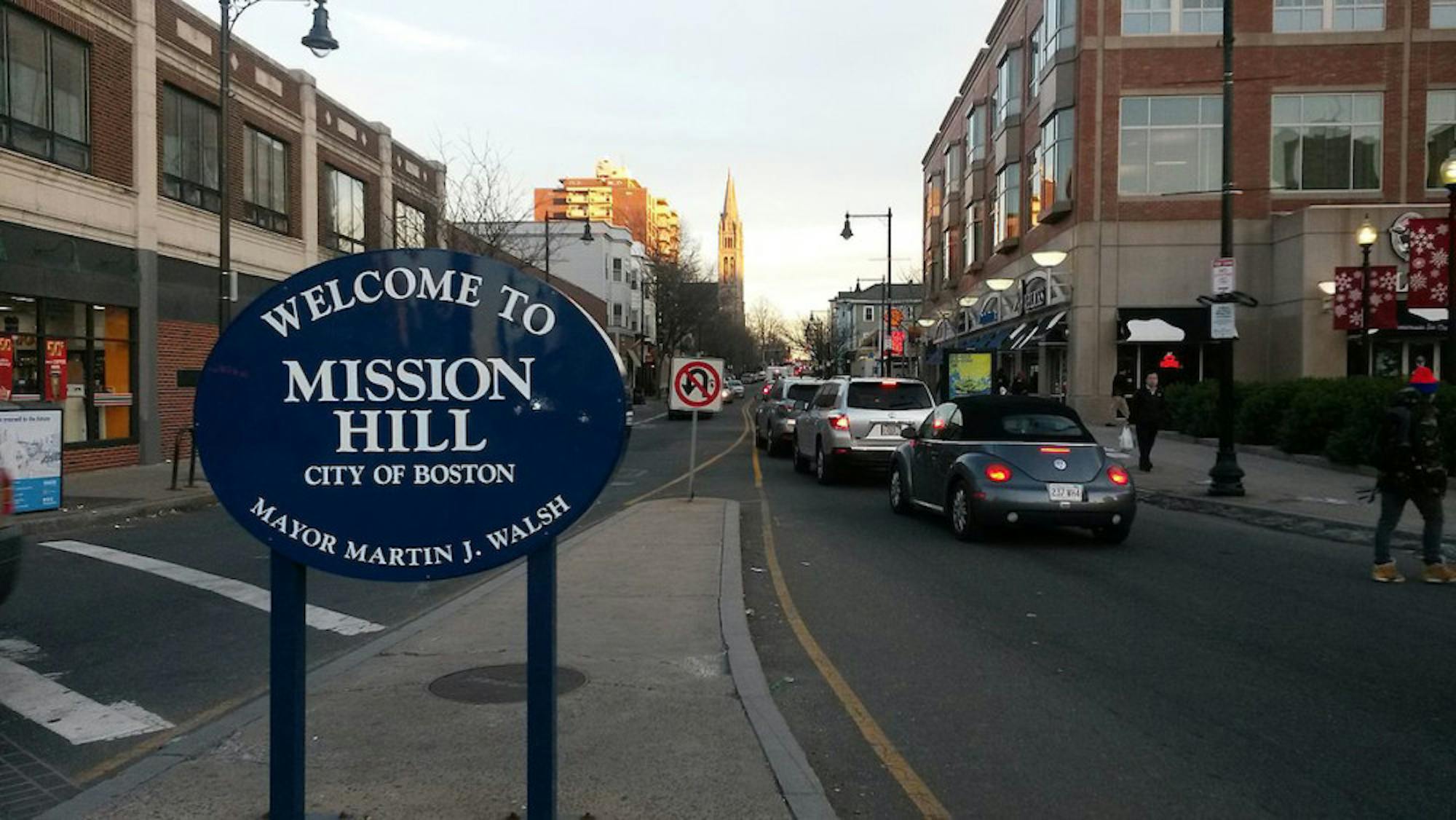After acquiring the School of the Museum of Fine Arts (SMFA) this past summer, Tufts will expand its relationship with the City ofBoston, but will not be increasing its Payment in Lieu of Taxes (PILOT) to the city, according to Tufts Co-Director of Community Relations Rocco DiRico.
DiRico explained that this is because Tufts does not own any of the SMFA buildings.
“The PILOT request is calculated based on the property that you own in the City of Boston,” DiRico wrote. “[Thus,] the SMFA buildings do not increase our payments to the City of Boston.”
DiRico explained that the Museum of Fine Arts (MFA) owns the SMFA’s academic buildings, two of which Tufts leases. He added that Tufts provides several other benefits to the City of Boston.
“[These include] reduced fees in our dental clinics, programs in the Boston Public Schools and support for programs in our host communities,” he wrote.
According to an Aug. 3 Boston Globe article, Tufts has paid the full amount requested by Boston based on the buildings it owns, while the MFA has paid close to nothing of what it has been asked to pay.
Tufts, however, is somewhat unique in its paying the full PILOT amount asked for, according to the Globearticle, which says that zero out of the eight schools with the highest property holdings by value pay all of what Boston requests from them.
Boston City CouncilorJosh Zakim, who represents neighborhoods including Fenway and Mission Hill where the SMFA academic buildings are, said that all City of Boston nonprofit institutions should be making their PILOT payments.
“[PILOT payments are] a calculation that’s made by an assessor, based on taking into account the intangible benefits that accrue to the City of Boston and our residents by having so many great colleges and universities and hospitals nearby,” Zakim said.
PILOT payments are thus necessary to sustain important services in Boston and Massachusetts, Zakim explained. He added that payments are roughly 25 percent of what the institutions would have to pay in property taxes if they were for-profit.
The PILOT payments are then divided again based on cash and non-cash payments, according to Zakim. Non-cash payments include student volunteering and classes that Boston residents can take, Zakim said, while cash payments help fund public works projects in the city.
“We need to make sure that everyone’s paying their fair share, so that the city continues to grow and thrive and provide opportunities for everyone in all our neighborhoods,” Zakim said.
Zakim explained that colleges and universities can also create negative effects in Boston neighborhoods.
“I think particularly in Mission Hill … student housing, overcrowding and those impacts on the neighborhood need to be mitigated,” he said.
President of the Community Alliance of Mission Hill Chad Rosner, an organization that provides a united voice for Mission Hill residents in representing their interests in Boston and leading the community’s progress, echoed Zakim’s sentiments.
“I believe we want to make sure that Tufts uses that benefit the city gave them,” he said. “To provide first a better education for its students if you’re involved there, as well as more support to the local community … so we can basically appreciate what our local government gave to Tufts more.”
Tufts expands relationship with Boston following SMFA acquisition






